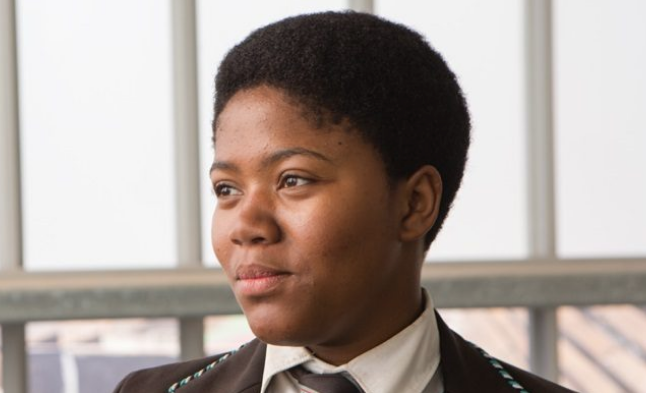It's Time to Re-humanize Philanthropy
We should be investing in disadvantaged communities in the same way we invest in our own families

It's Time to Re-humanize Philanthropy
Bigger. Faster. Cheaper. A good way to sell fidget spinners, perhaps, but should the same mantra apply to raising children? Try to count the value of every single thing that got you where you are today—the support of your family, doctor’s visits, the encouragement of teachers—and you will find that it’s nearly impossible to measure.
Yet in my line of work, I’m asked to put a price on parenting every day. Why are your programs so expensive? Is this cost-effective? Do you really need to build another classroom? Somehow, when it comes to disadvantaged children, whether in South Africa or the South Bronx, the question quickly shifts from “How well are we serving this child?” to “How many children can we fund for X dollars?”
"Somehow, when it comes to disadvantaged children, whether in South Africa or the South Bronx, the question quickly shifts from 'How well are we serving this child?' to 'How many children can we fund for X dollars?'"
It’s time to re-humanize philanthropy.
There is no shortcut for raising a child to become a healthy and happy adult. No innovation or life hack is more effective than that old, proven recipe: stay with a child every day of her life and give her the best you can. Provide her with healthcare, a stable and supportive home, and a quality education. Help her achieve her highest potential and overcome every obstacle.
Changing a life, like parenting, is a full-time job without room for quick-fix solutions.
Yet we seem to be stuck in the echo chamber of a harmful untruth—that privileged children should have everything at their disposal to navigate life while those who are not so fortunate can grow up to be functioning adults with much less and thrive on cups of soup, malaria nets, and windup computers.
I believe this disconnect, which I have encountered in every aspect of my work after nearly two decades, is one of the biggest challenges to meaningfully improving lives around the world. It is the reason that spending $7 million on a much-needed education and health center in a South African township generates backlash from the same people who send their own children to $40,000-per-year private schools.

